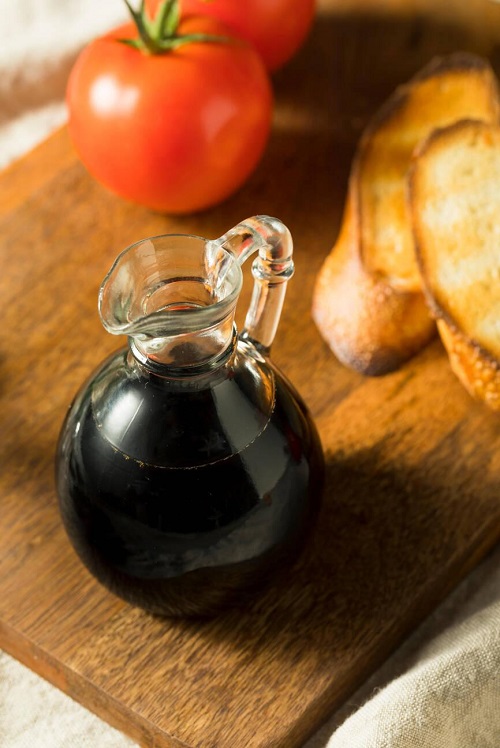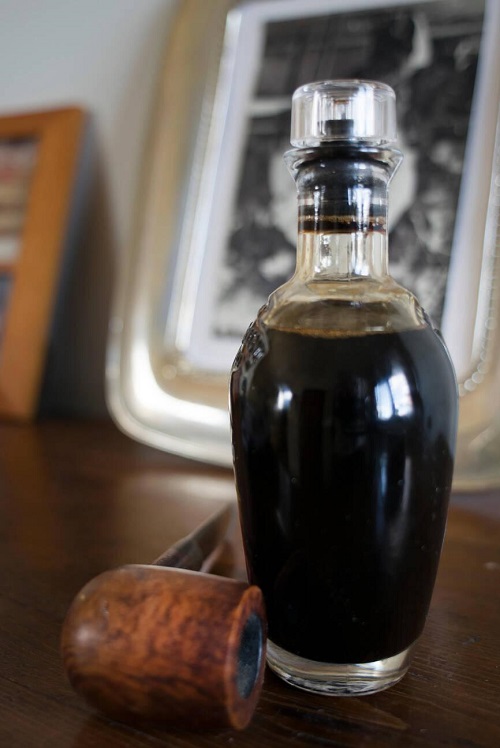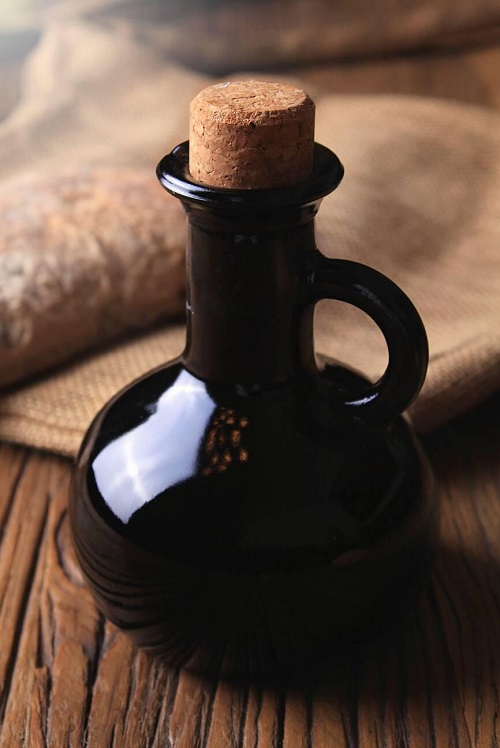If you have ever wondered about balsamic vinegar going bad, here are some scientific facts you should know!
With a plethora of benefits, balsamic vinegar adds flavor to dishes and provides potential health and beauty perks. However, if forgotten for too long, its quality becomes a concern. So, does it expire over time? Lets learn below!
Does Castor Oil Go Bad Over Time? Learn All The Essential Facts Here!
What is Balsamic Vinegar?
Ever wondered what sets balsamic vinegar apart from other kinds of vinegar? Originating from Italy, this unique vinegar is not just any ordinary condiment. It’s made from grape must—the same base used in winemaking. But here’s the twist—these grapes undergo a meticulous fermentation and aging process, often lasting over 12 years, to develop their signature rich, sweet, and tangy profile.
Balsamic vinegar offers a blend of flavors that can enhance any dish, from simple salads to gourmet desserts. Its versatility in the kitchen is unmatched, making it a must-have for any culinary enthusiast.
But there’s more to balsamic vinegar than just taste; it’s also a source of natural health benefits. Rich in antioxidants, it supports anti-aging efforts and overall wellness. Its antimicrobial properties can aid in improving skin health, while the polyphenols contribute to better digestion and heart health.
Does Balsamic Vinegar Go Bad?
No, balsamic vinegar does not go bad in the traditional sense. However, its quality and flavor can degrade over time.
Balsamic vinegar has an indefinite shelf life due to its highly acidic nature, specifically the acetic acid content, which prevents microbial growth. This acidity ensures that it does not spoil or expire entirely.
A properly stored, unopened bottle can last for decades, and even upon opening, balsamic vinegar maintains its shelf-stable and safe status for several years. The reason is that this kind of vinegar is very acidic, with a pH of around 2-5, making it a tough place for bacteria and mold to hang out. The acetic acid works like a natural shield, keeping them away.
Even post-opening, the inside stays acidic enough to stop bad microorganisms from growing. As long as you store it correctly, balsamic vinegar remains good for a long time.
When Does Balsamic Vinegar Expire?
As balsamic vinegar does not expire in the traditional sense, there is no specific expiration or use-by date. However, signs like changes in color, texture, odor, and mold growth indicate it is past its prime and should not be used for culinary purposes!
- The rich brown color that balsamic vinegar starts with will fade into a lighter, amber, or greyish-brown hue as it ages and goes bad.
- As this vinegar ages or gets contaminated, it develops mellower, sweeter, more woody flavors compared to the bright, sweet-tart taste of its fresh form.
- Its texture will thicken from a liquid consistency into a gloopy, overly syrupy texture.
- If you detect any strange off-odors instead of the signature sweet, tangy aroma that balsamic vinegar should have, it is a sign that it has gone bad.
- The development of mold, either as spots on the surface or stringy strands floating inside the bottle, clearly signals that it has gone bad and should be discarded.
Balsamic Vinegar Storage Tips
- Keep your balsamic vinegar in a place shielded from direct sunlight and away from sources of heat. These elements can hasten the aging process and degrade the vinegar’s quality.
- After each use, make sure the bottle is securely closed. This minimizes air exposure, which can lead to oxidation and flavor alteration.
- If possible, store your balsamic vinegar in a glass bottle. Glass is more effective than plastic in guarding against light and air, which are detrimental to the vinegar’s integrity.
- Store the vinegar in an environment with consistent temperature. Fluctuations between hot and cold can negatively impact its flavor profile.
- Periodically assess it for any changes in aroma, taste, or appearance. If you detect any inconsistencies, it might be time to replace it.
Conclusion
While balsamic vinegar isn’t prone to spoilage like many perishable items, it does undergo subtle shifts in quality as time passes. It’s good to stay alert to any indicators of quality changes and practice optimal storage techniques to preserve the essence and extend the lifespan of your vinegar.
This way, you can ensure that its rich and distinctive flavors remain a delightful addition to your culinary creations for as long as possible.



